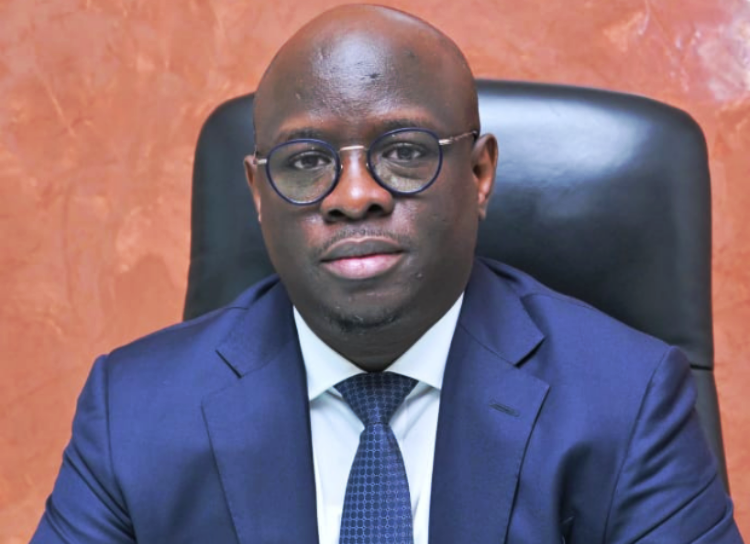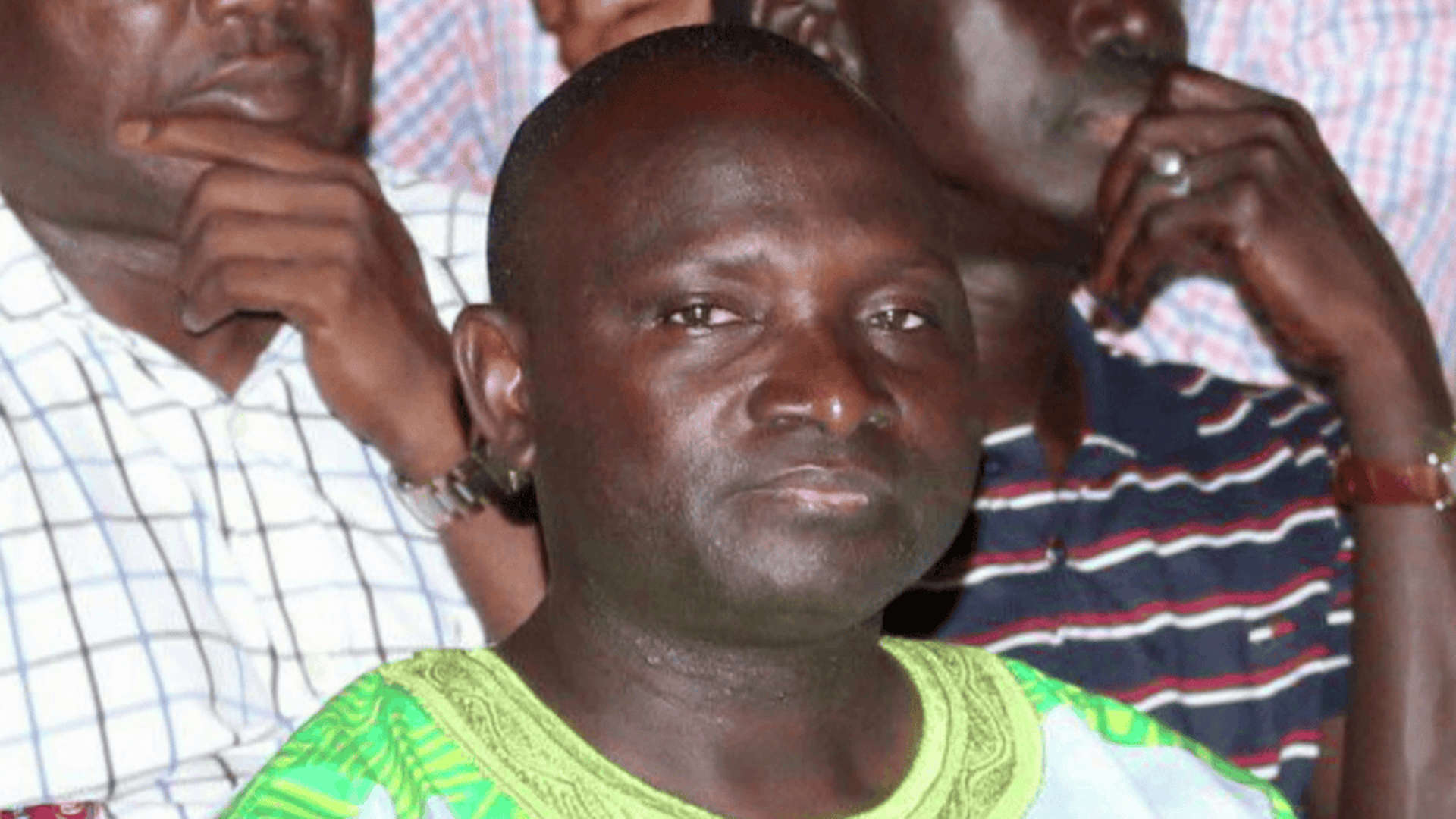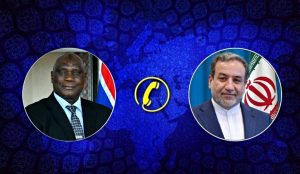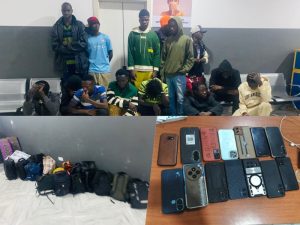Swiss prosecutors on Monday sought a life jail term for former Gambian interior minister Ousman Sonko, who has been on trial for crimes against humanity. Federal prosecutors said Sonko, 55, was responsible for killings, torture, rapes, and other sexual crimes, Swiss news media have reported.
Sonko was one of a group of close associates of Yahya Jammeh, the former Gambian president. Prosecutors said he took part in a systematic wave of crimes against the population.
Sonko has denied any knowledge of the acts he is accused of since his trial started in January. He has also had several attempts to have the trial halted rejected.
The charges against Sonko relate to crimes carried out between 2000 and 2016 under the rule of the country’s former strongman, Jammeh. Sonko served as an army officer, then inspector general of police, and then a minister. Sonko told the trial, however, that he had no “operational powers.”
The case took a dramatic turn on Monday as the court rejected his defense’s request to postpone closing arguments. Sonko’s defense sought more time to prepare, citing recent case law, but the court proceeded with the session.
The prosecutor began her arguments by quoting the West African Bar Association, emphasizing that a system that takes life must first deliver justice. She then outlined the historical context of the trial, linking Sonko to the alleged crimes committed under former President Yahya Jammeh’s regime.
Sonko has consistently denied the charges against him and distanced himself from human rights violations committed by Jammeh’s government. The prosecutor highlighted the contrast between Jammeh’s 22-year rule, marked by violence and repression, and the previous administration’s respect for human rights.
According to the prosecutor, Sonko’s rapid rise in the government ranks under Jammeh indicates his complicity in the regime’s actions. She argued that the crimes committed under Jammeh, including arbitrary arrests, torture, and extrajudicial killings, constitute crimes against humanity.
The prosecutor pointed to Sonko’s positions in the State Guard, the police force, and eventually as Minister of Interior as evidence of his involvement in the repressive state apparatus. She argued that Sonko was aware of the regime’s actions and actively participated in maintaining its grip on power.










